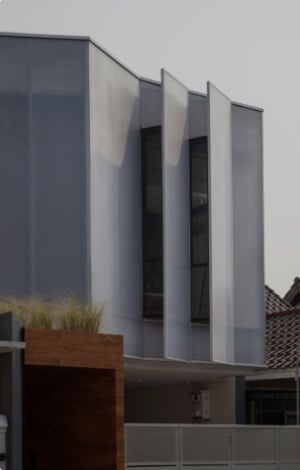Major metal recycling business to use Singapore’s first electric machines from Volvo Construction Equipment




The Kim Hock facility is one of the largest recycling plants of its type in Singapore, handling more than 15,000 tons of steel per month, and stripping out other metals for re-use, including copper and aluminum. It also collects and recycles wood and horticultural waste, employing a variety of machinery to assist with different stages of its work and continually updating its infrastructure to make the business greener.
T.S. Lim, General Manager of Kim Hock, said the company is always looking at ways to increase the efficiency and sustainability of its work. “We are proud and excited to be the first company in Singapore with the access to these electric machines,” he said. “Throughout our history, we’ve used technology to help us work more effectively and in a greener way. With these new electric machines from Volvo CE, we can eliminate exhaust emissions from these two machines at our facility. Not only that but there’s also zero noise and no vibrations in the cab, which means a calmer work environment for the operator. The machine charging process is simple. We do an hour during lunch and a standard charge overnight.”
Groundbreaking machines
The L25 Electric compact wheel loader features a 2.1 t payload, a maximum speed of 20kph, outstanding lifting height and 100% parallel movements. The machine comes with a 40kWh battery pack and is expected to deliver 6 - 8 hours of work per charge.
Volvo CE has one of the widest ranges of electric machines currently available for the industry and the company wants to achieve 35 % of its sales from this type of equipment by 2030. Tomas Kuta, President Region Asia for Volvo CE, said introducing the first electric machines to Singapore was part of a much clearer roadmap to change.
“By 2040 we want 100% of the vehicles we produce to be fossil free. We expect a gradual shift into battery electric and fuel-cell electric vehicles, but we know the decarbonization journey will take place at different rates in different parts of the world. Here in Singapore, where the Singapore Green Plan 2030 is driving the country forward, we believe there is strong potential for much wider use of electric machines in the construction industry.”
Green machines for greener steel
The potential adoption of the two new Volvo CE machines at Kim Hock holds the promise of enhancing the sustainability of the company’s operations. Given that Kim Hock handles approximately 200,000 tons of scrap metal annually, processing it for resale to steel mills and foundries, the incorporation of advanced technology remains pivotal to its ongoing process. Notably, the company has embraced continuous computer control since 2014, effectively automating significant portions of its work processes.
Sustainability has been a key focus too. In collaboration with Volvo CE’s Special Application Solutions (SAS) team, the customer is exploring the potential acquisition of two EC480EL excavators, dual-powered with an electric motor and a Volvo Stage V diesel engine. The machines operate mostly using their electric motor, which is attached via cable directly to the mains power supply. In situations where they are not able to operate via electric power, they run from the in-built diesel engine. Over the last several years, the company has also started recycling wood and horticultural waste, to produce wood chips. These are used as a power source to generate electricity to power several functions at the plant and sold externally to be used in new products.
“As an industrial company we know we have a part to play in creating a greener Singapore, and we have aligned many aspects of our business with the government’s Singapore Green Plan 2030,” said T.S. Lim. “Exploring the utilization of these new electric machines from Volvo helps us move towards our goal of being a low emissions business with a net-zero level of industrial waste. Our customers have ambitions to decarbonize and with our passionate team and technology partners such as Volvo, we are committed to support them in their pursuit of reaching their targets.”
Discover more about Volvo machines and services at www.volvoce.com/asia




 Indonesia
Indonesia
 New Zealand
New Zealand
 Philippines
Philippines
 Hongkong
Hongkong
 Singapore
Singapore
 Malaysia
Malaysia







